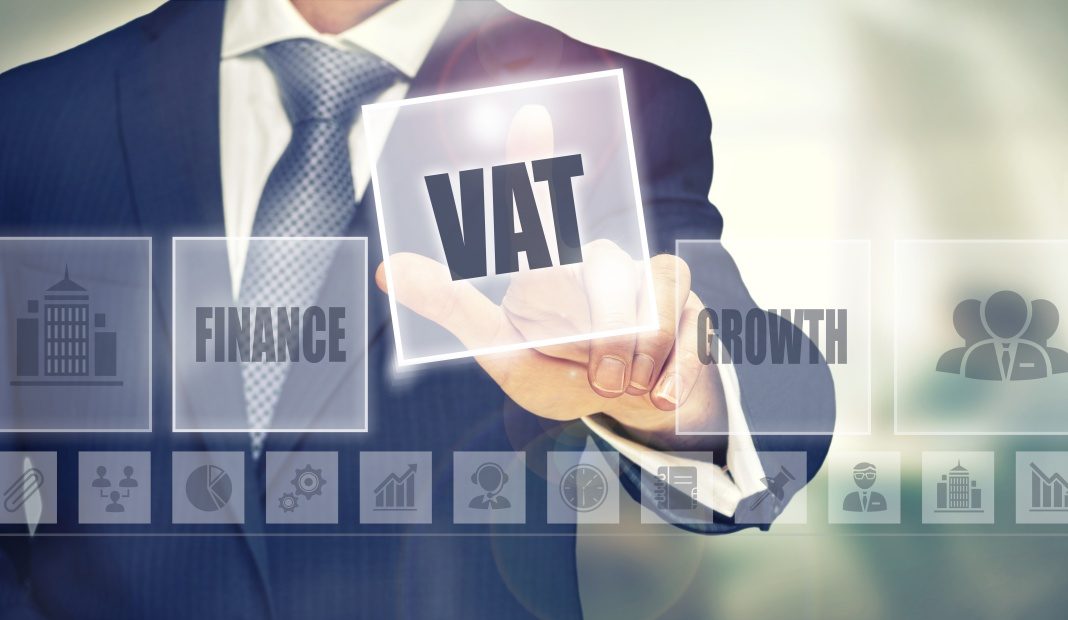Saudi Arabia, UAE introduce VAT
January 2, 2018 | Expert Insights

In 2018, it was announced both Saudi Arabia and UAE would be introducing the Value Added Tax (VAT) for the first time.
The taxes have been set at 5% on majority of goods and services.
Background
The Kingdom of Saudi Arabia is one of the most powerful players of the Arab world. It is an oil dependent nation with the second-largest proven petroleum reserves and the largest exporter of petroleum. It is the largest economy in the Arab world. The Al Saud dynasty holds a monopoly of political power. Saudi Arabia was established in 1932 by King Abd-al-Aziz and he has been succeeded by various sons.
The unemployment rate in Saudi Arabia is a whole percent higher than it was during the same period in 2016. Forecasts indicate that this trend will continue in the future. In April 2017, the International Monetary Fund (IMF) projected that the country would grow at just 0.3%. This was Saudi Arabia's worst growth since 2009, when its economy contracted by 2.0% on the slump of oil revenues.
The economic downturn has been blamed on the slump in oil prices. UAE has the second-largest economy in the Arab world (after Saudi Arabia), with a gross domestic product (GDP) of $377 billion (AED1.38 trillion) in 2012. A third of the GDP is from oil revenues. It has also been affected by oil prices.
Both countries were considered tax havens for expatriates especially those coming from India. However, one hidden form of taxation was the high rent prices that were imposed by home owners on tenants. The rent for homes in Saudi Arabia are extremely high and generally constitute to about 40% of a person’s salary.
Value Added Tax
A value-added tax (VAT), known in some countries as a goods and services tax (GST), is a type of general consumption tax that is collected incrementally, based on the increase in value of a product or service at each stage of production or distribution.
Analysis
The unemployment rate in Saudi Arabia rose to 12.7% in the second quarter of 2017. Tens of thousands have been laid off from the job market in the recent years due to a steep fall in oil prices. That year, Saudi Arabia introduced a new tax from expatriates and their dependents. The tax has been called “Family Tax.”
In 2018, it was announced both Saudi Arabia and UAE would be introducing the Value Added Tax (VAT) for the first time. The taxes have been set at 5% on majority of goods and services. UAE has estimated in 2018, VAT income will be around 12 billion dirhams (£2.4bn; $3.3bn).
Some of the services and goods that will come under VAT are petrol and diesel, food, clothes, utility bills and hotel rooms. Medical treatment, financial services and public transport have been exempt from VAT. Both nations have noted that there are no current plans to introduce income tax.
Indians expatriates might be the most affected from the VAT. Indians form the largest community of expatriates in Saudi Arabia. Currently, there are around 41 lakh Indian citizens living in the region with around 20-24 lakh expatriates contributing greatly to the economies of both the countries.
The family tax that was introduced in 2017 was set at 100 Riyal (approximately Rs 1723) on each dependent of the expatriate. This tax is expected to go up by 100 Riyal each year till 2020. As of right now, companies in Saudi which have more expats than locals working for them, pay a sum of 200 Riyal monthly for every expatriate employed.
Assessment
Our assessment is that the slump in oil prices have continued to affect nations in the Middle East. Bahrain, Kuwait, Oman, and Qatar are other OPEC nations that are planning on introducing the VAT. This will negatively affect the large portion of Indian expats who are currently living and working in the region.








Comments